Το Διαδίκτυο των Πραγμάτων (Internet of Things) στην Υπηρεσία της Εκπαίδευσης STEM
UMI = Ubiquitous Computing + Mobile Computing + Internet of Things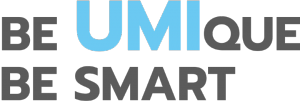
Ο Διάχυτος Υπολογισμός (Ubiquitous Computing) επιτρέπει τη χρήση εφαρμογών λογισμικού από οποιαδήποτε υπολογιστική συσκευή, σε οποιαδήποτε θέση και μορφή. Ο Κινητός Υπολογισμός (Mobile Computing) προσθέτει τη δυνατότητα χρήσης κινητών τηλεφώνων και συσκευών με τη βοήθεια ασύρματων δικτύων. Και το Διαδίκτυο των Πραγμάτων (Internet of Things – IoT) επιτρέπει την ανταλλαγή δεδομένων ανάμεσα σε οποιοδήποτε αντικείμενο του φυσικού κόσμου διαθέτει πρόσβαση στο Διαδίκτυο.
Αυτές οι τρεις τεχνολογίες, αθροιστικά καλούμενες «τεχνολογίες UMI», αποκτούν ολοένα αυξανόμενη διάδοση στην καθημερινή μας ζωή και επηρεάζουν σχεδόν όλες μας τις δραστηριότητες, με τρόπους εμφανείς ή αφανείς, έξυπνους ή εκνευριστικούς… Αυτή η πραγματικότητα πλησιάζει με γοργά βήματα…
UMIQUE = άτομο ικανό να εκμεταλλευθεί τις τεχνολογίες UMI
Πόσο έτοιμοι είμαστε να αποδεχτούμε και να υιοθετήσουμε τις τεχνολογίες UMI; Σε ποιο βαθμό μπορεί η κοινωνία μας να τις εκμεταλλευτεί για να εξυπηρετηθούν πραγματικές ανάγκες; Πώς θα δημιουργήσουν οι εκπαιδευτικές μας δομές το απαιτούμενο UMIque στελεχιακό δυναμικό;
Πώς θα γίνω UMIQUE;
Εξερευνώντας τις τεχνολογίες UMI από τα μαθητικά χρόνια! Το έργο UMI-Sci-Ed (http://umi-sci-ed.eu/) προωθεί τη συστηματική χρήση τεχνολογιών UMI στο σχολείο για την υλοποίηση εκπαιδευτικών σεναρίων STEM (Science, Technology, Engineering, Mathematics), με απώτερους στόχους αφενός να ωθήσει νεαρούς μαθητές σε κατοπινή επαγγελματική σταδιοδρομία που σχετίζεται με τις τεχνολογίες UMI και αφετέρου να ενισχύσει την επαγγελματική ανάπτυξη των εκπαιδευτικών.
Το έργο υλοποιείται στο πλαίσιο του προγράμματος Η2020 με συντονιστή φορέα το ΙΤΥΕ «Διόφαντος» και συμμετοχή επιστημόνων και εκπαιδευτικών από 5 ακόμη χώρες της Ευρώπης (Ελλάδα, Ιταλία, Νορβηγία, Φινλανδία, Ιρλανδία). Αναπτύσσει ένα ολοκληρωμένο ανοιχτό ψηφιακό περιβάλλον εκπαίδευσης στις τεχνολογίες UMI για μαθητές και εκπαιδευτικούς, μέσα από τη σύσταση κοινοτήτων πρακτικής και ολοκληρωμένων εργαλείων, σεναρίων και μεθόδων βιωματικής μάθησης, το οποίο επιτρέπει τη συνεργασία και αλληλεπίδραση των μαθητών και εκπαιδευτικών με επιστήμονες και ειδικούς από εκπαιδευτικά ιδρύματα και επιχειρήσεις.
Την Τετάρτη 13/9/2017 μεταξύ 20:00 και 21:00, το ΕΑΠ φιλοξενεί ερευνητές του έργου UMI-Sci-Ed στο περίπτερό του στη ΔΕΘ (pav. 14, stand 19). Σενάρια εκπαίδευσης, εργαλεία και εφαρμογές σε συνδυασμό με ένα εργαστήριο UMI τεχνολογιών, θα δώσουν τη δυνατότητα στους παρευρισκόμενους εκπαιδευτικούς και μαθητές να κάνουν το πρώτο έξυπνο βήμα μιας UMIQUE καριέρας συμμετέχοντας στις επόμενες δραστηριότητες του έργου!
Πρόγραμμα
20:00 BE UMIQUE, BE SMART: Τεχνολογίες UMI και το έργο UMI-Sci-Ed
20:10 Εκπαιδευτικά Σενάρια: Η εκπαιδευτική προσέγγιση και τα εργαλεία του UMI-Sci-Ed
20:30 UMI hands on: Εργαστήρι υλοποίησης εφαρμογών UMI
BE UMIQUE, BE SMART: Join us!!
Κατεβάστε το φυλλάδιο από εδώ!
*This project has received funding from the European Union’s Horizon 2020 research and innovation programme under grant agreement No 710583
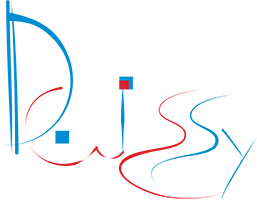
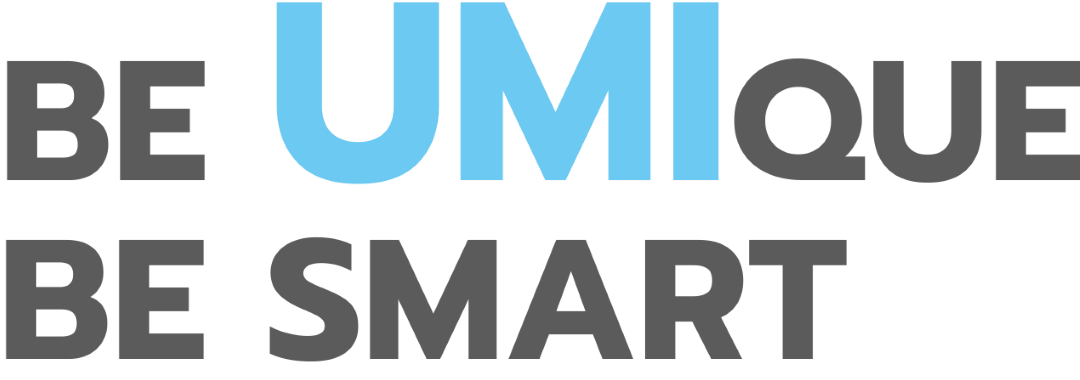

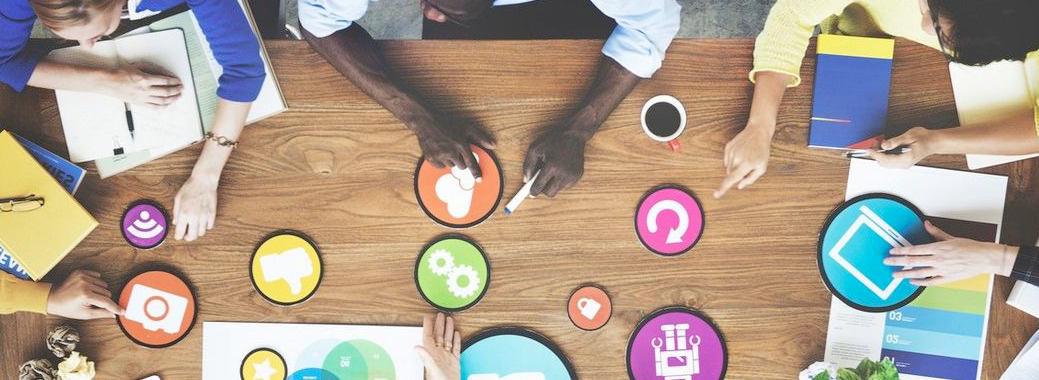

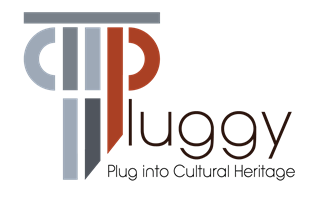
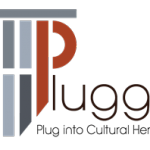

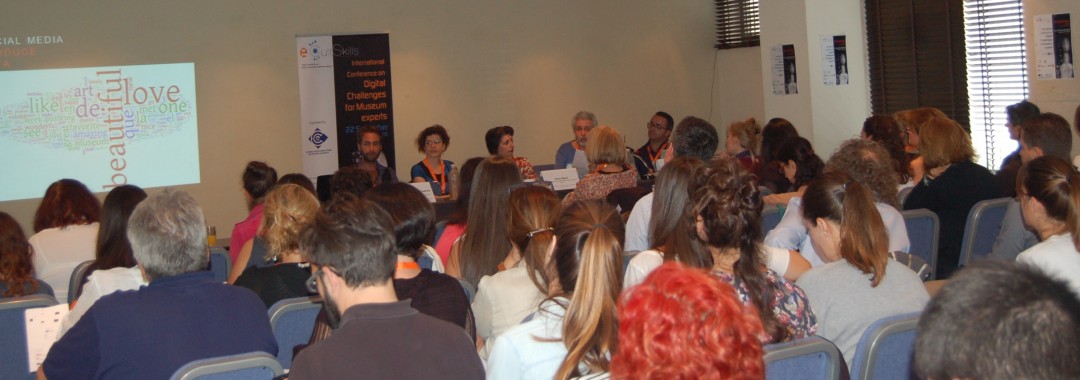
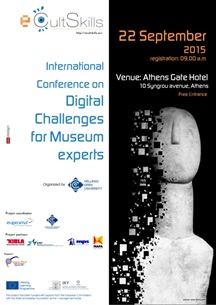 useum Experts” organized by the Hellenic Open University in 22th September 2015 at the Gate Athens Hotel in Athens.
useum Experts” organized by the Hellenic Open University in 22th September 2015 at the Gate Athens Hotel in Athens.